Hey everyone,
Someone asked me to explain the difference between “other” and “another” for you all in Japanese. I hope this helps!!!
Other とanother を混同している生徒がよくいる。もしかしたら、ルールが分かっていても、
うっかりしている生徒が一番多いのかもしれない。 皆さん、このルールをもう一回復習してみましょう。
まず、another = an と other の総合だと覚えておいてください。
っていうか、
Another は三つ以上の物のうち、もう一つっていう意味で使う。
例えば、 三つの林檎があるとする。 1、2、3 林檎1を取って、二つが残る。 その二つの中で、もう一つを取りたくて、どち構わないのなら、I would like another apple と言う。
(つまり、another = 他の不特定のどれか一つ.)
今は、一つの林檎しか残っていない。 残っている林檎を取りたいなら、I would like the other apple と言う。
(つまり、the other = 他の特定のどちか一つ)
The others はなんの意味でしょうか? 答えは残りのすべてだ。
例えば、四つの林檎がある。 僕は一つの林檎を既に取った。もし、残りの三つの林檎が欲しいなら、I would like the others と言う。
(つまり、the others = 残りの全部)
まだこの言葉の使い分けと違いがよく分からないの? さ、以下の説明は助かるかも
Still don’t understand how to use these words? OK, how about the explanation below?
ところで、ネイティブが喋っている時、以下のようにother とis はよくother’s になる。 そしてanotherとisはよくanother’s になる。
2 枚のCDがあって色は、青いと赤いとすると、
“There are two CDs. One’s blue, and the other’s red.” と言える。
3枚のCDがあって色は、青いと赤いと白とすると、
“There are three CDs. One’s blue, another’s red, and the other’s white.” と言える。
4枚のCDがあって色は、青いと赤いと白いと紫とすると、
“There are four CDs. One’s blue, another’s red, another’s white, and the other’s purple.” と言える。
4枚のCDがあって色は、青いと赤いと白いと白いとすると、
“There are four CDs. One’s red, another’s red, and the others are white.” と言える。
このサイトでは、other とanother を絵で説明しているから、とても分かりやすいと思う。
https://www2u.biglobe.ne.jp/~horumons/articles.html
後、ここにanother とother の無料の小テストがある。
https://www.english-test.net/esl/learn/english/grammar/ei074/esl-test.php
https://a4esl.org/q/h/vm/anothertheother.html

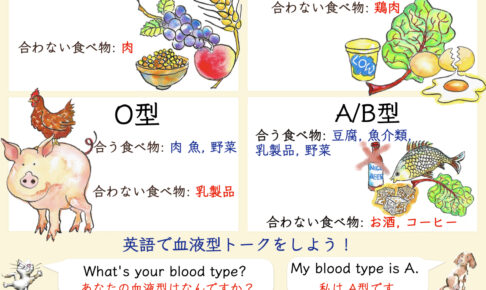
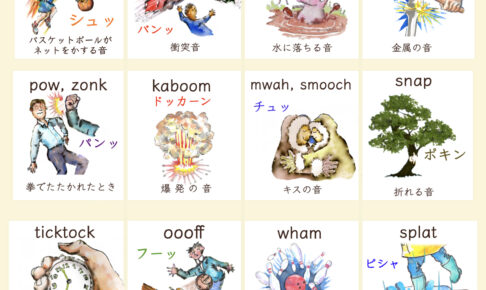
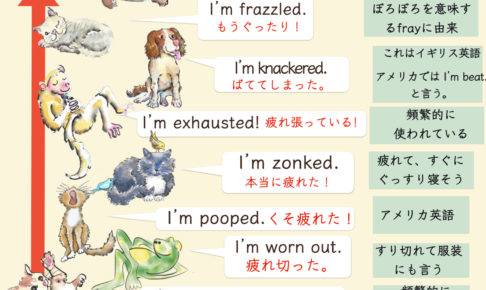
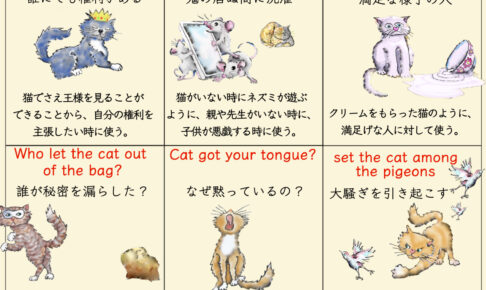




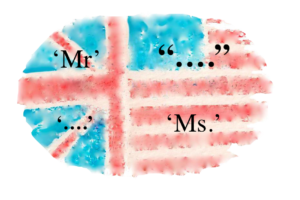
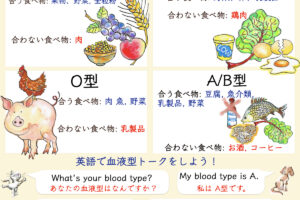
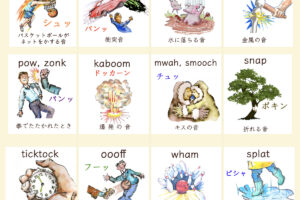
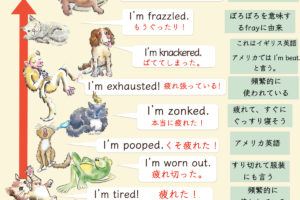
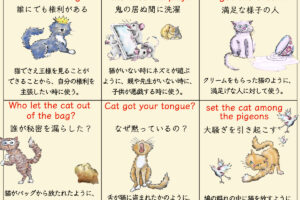
OH!! 分かりやすいです!thnks a lot
4枚のCDがあって色は、青いと赤いと白いと白いとすると、
“There are four CDs. One’s red, another’s red, and the others are white.”
BlueがRedになって赤いCDが2枚になっています。 でも、良く意味がわかりました。 ありがとうございます。
this is my first time to comment.
your advice is really easy to understand and really helpful.
thanks a million
たすかる
さんきゅ
最後の英文one’s blueでは??
いつも楽しく読ませてもらっています。
ネイティヴにはこう聞こえるのかと勉強になります。
Those are very useful. Thank you so much Luke san….
Hi Luke,
I was looking for more explanations about ‘ any other ‘.So,I had a look over a web page you
recommended.
But,she(or he) explained only like this:
・ I don’t have any books.
And,it is written that ‘any’ + plural’ can be used for the sentences which explain something exist or have.
But,I don’t think so.
I think the web page’s maker is Japanese or
someone who uses Japanese.
I’m also Japanese,but I’m someone who has extra skills about Japanese sentences.
So,I can see well about its explanations in
Japanese and have to say that her(or his)
explanations in Japanese is in a roundabout way
and pointless.
By the way,as for ‘any other’,the same web page
explained below.
・than any other boy
It is written that ‘ any other + singular’ is only used in affirmative sentences.
And,’any other is similar to each’ is written on it.
Is it correct?
Then,how about negative sentences?
Can ‘ any other ‘ be used in it? Is it with also ‘ singular ‘? I couldn’t find out the explanation among the pointless sentences.
BY THE WAY,here is another example.
・I go to the mountain for climbing but Not for Any Other reason.
What does the sentence mean?
” any ” is “determiner”.
And,it means ” more smaller amount than some “.
” any ” explains ” other “.
” any other ” means ” a bit amount of other “.
So,” Any Other reason ” means ” the reason is so small as something ignoring “.
・I go to the mountain for climbing but Not for Any Other reason.
||
‘ I go to the mountain for climbing.
But,I never go to the mountain for other reason which is smaller ( i.e. it’s not important ) than the climbing.’
||
Reason ‘ climbing ‘ > ‘Any Other reason’
One more example:
・It does not confer any other rights.
||
It means ” it does not confer other rights (i.e. because,the other is not relevant rights ) at all.”